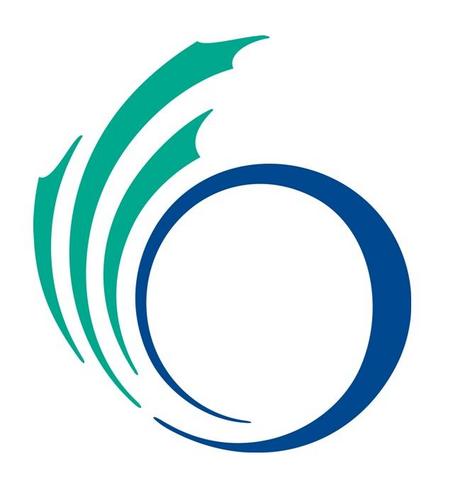
There’s only one country with even a remotely similar legislation, that being Australia. Facebook got the amendments it wanted before the Australian Code received royal assent.
If you’re going to cry foul about how Facebook is following the legislation Canada is putting in place, you’ll need to try harder than that.






Please stop rehashing the same dead argument over and over and whining about Facebook being a bully when they’re very clearly following the terms of the legislation and this outcome was very clearly predictable. News publishers are not victims of bullying, they’re victims of their own legislation. And no Meta never once asked for the bill to be dropped, they expressed concerns around wording and requested some amendments; so did Alphabet. Ask yourself why Meta is fine paying news organizations in Australia but not Canada.
Further, as others have already pointed out in this thread and in others on this topic, the bill has received royal assent. The only next step is the Coming into force, which will happen 180 days after that. So whether Meta pulls news now or in 180 days really doesn’t matter: the effects, the impacts and the results will be the same. Others have also given the extreme example that if a country that had no legislation around murder were to pass a bill making murder illegal, you wouldn’t run around murdering as many people as possible until that act came into force. It’s the same idea here.
Keep also in mind that the Online News Act grants the CRTC the ability to name any company it wants at any point as a “digital news intermediary”. So this act could have far reaching consequences on much more than Meta and Alphabet in the long term. And it’s very likely that any other platform they name will also drop Canadian news for the simple reason that Canadian News needs social media, but the reverse isn’t true at all.